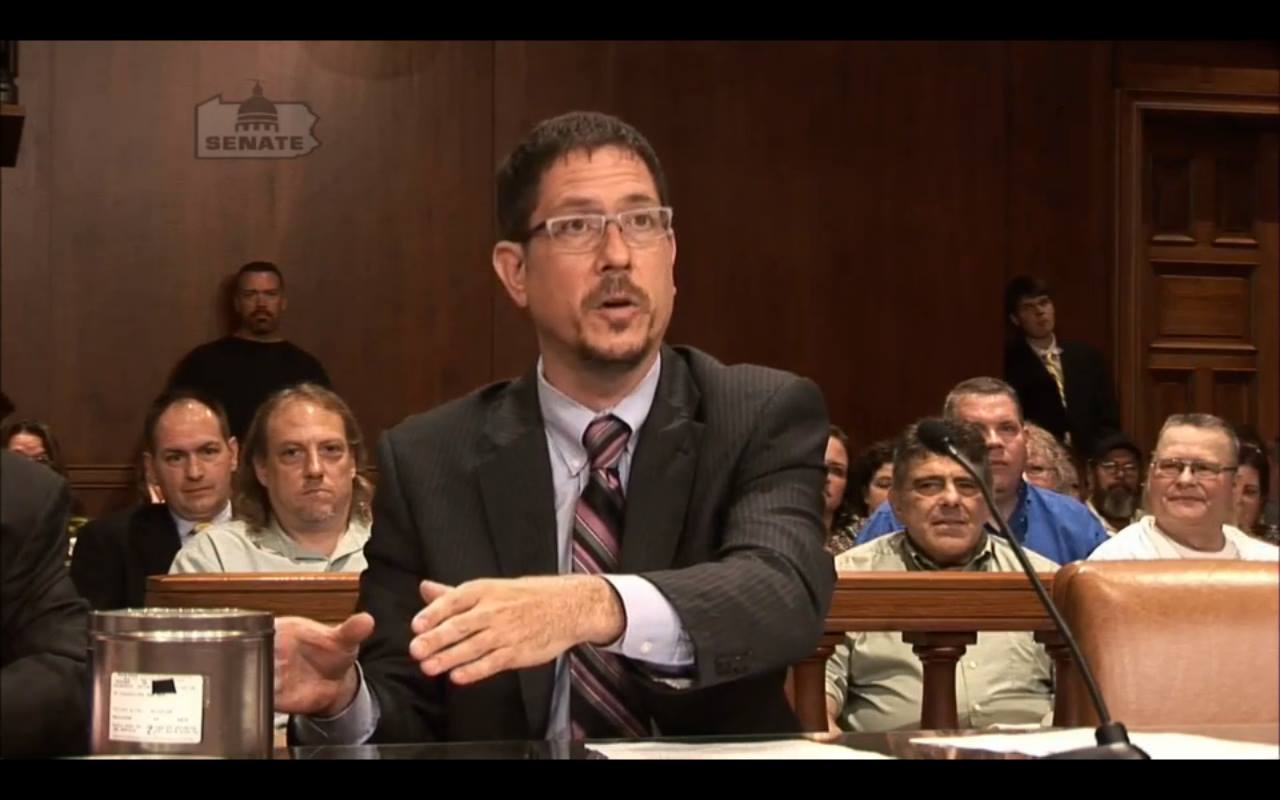Our Brownstone Law Ideas

Appeals are usually only given when there is an issue with the regulation that was used, or exactly how that regulation was used. Appeals are a customized area of the regulation; appellate lawyers take instances from lower high court such as criminal courts, testing those instances in higher courts. Appeals can take place in both state and government courts.
Some Known Questions About Brownstone Law.
Federal Courts have Circuit Courts that listen to trial court issues, and there is the USA Supreme Court. Appellate attorneys take instances from trial courts, appealing them to a greater court. The goal of a charm is to have an allure court rescind a mistake of regulation, a court's verdict, or assess a trial court judge's choice to reduce a movement, omit proof, reduce proof, continue a trial, or challenge a sentence enforced.
Your trial attorney will object prior to or throughout a trial in order to preserve the problem for allure. An objection is required to give the trial court the opportunity to make a decision on an issue of regulation. The exemption to this is an error that is so extreme or unfair that it can be evaluated by an appellate court even if there was no argument by the attorney.
If you need an attorney that has the extensive research and composing experience required for an effective allure, you require lawyers James P. Whalen and Ryne T (Brownstone Law). Sandel from Whalen Law Office. Whether they are looking for to attest a choice in favor of their customer, or reversing a guilty verdict, Whalen Regulation Office will certainly offer the moment and consideration required for a charm, functioning toward one of the most valuable outcome on your behalf
Whatever decision is hanging over your head, all important proof and records will be carefully taken into consideration for your finest possibility of charm. Appellate lawyers James Whalen and Ryne T. Sandel can assist you with a government or state appeal, giving you the best opportunity of a positive end result.
Everything about Brownstone Law

This might give you premises for allure, in that the jury discovered you guilty because they were biased or ruled on emotions as opposed to on the facts provided. Under the Sixth Change of the U.S. Constitution, every person deserves to reliable lawful advice. This indicates that if your trial lawyer did not supply proficient guidance, a charm might be possible.
Better, the appellate court might choose that also though your advice was inadequate, the total result of the decision was not changed as a result of this - Brownstone Law. If, nevertheless, a key witness was not called by your lawyer, the lawyer ignored to tell you of an appeal bargain used by the prosecution, or your attorney was proactively conspiring with the district attorney, you might have a legitimate appeal for inadequate support of advice
How Brownstone Law can Save You Time, Stress, and Money.
Plain error can include outright blunders made by the judge pertaining to the law or application of the legislation, court instructions provided you can try here by the judge, or sentencing errors following your conviction. If any of these blunders clearly had an effect on the outcome of your situation, then the appellate court might agree to hear your lawyer's argument.

Appellate legislation takes place at both state and federal degrees. The appellate court reviews procedural issues of regulation that may have resulted in a different result if the high court had not made a mistake. Appellate regulation takes the complete records of the test, including movements, order, proof, shows, voir dire, and any type of various other pertinent records right into account.
Notably, an appeal is not a brand-new test, and in general, new proof can not exist in appellate law. No witnesses may be called. The appellate court generally resolves the sufficiency of the evidence to sustain a jury's searching for of sense of guilt and errors made before or during your test. New evidence can normally not be increased in an appellate court.
A Biased View of Brownstone Law
It is said that "Test Courts try the truths and Appellate Courts attempt the Trial Courts." This means the appellate court will certainly be considering what was offered throughout the original test, after that determining if the judge made any type of blunders in the legal treatments (like confessing or declining to admit proof) or in his or her analysis of the legislation.
It can be discouraging to find that evidence that may confirm your innocence can not exist to the appellate court. The objective of your appellate lawyer will be to have the initial decision reversed, generally based upon inadequate evidence or errors of law, then any type of new proof can be provided at your new trial.
Losing a charm suggests the choices made at your original trial stand. If you are being pursued a major crime with serious charges, it can my explanation be an excellent concept to have an appellate lawyer on your trial group. An appellate lawyer has a mutual understanding of what should be objected to in order to protect the issue for charm.
Comments on “The Buzz on Brownstone Law”